Legal Battle Over TPS for Venezuelan Immigrants
Nearly 350,000 people could soon face deportation after the Trump administration decided to end Temporary Protected Status, or T.P.S., for Venezuelan immigrants. Immigrant rights lawyers urged a federal judge to delay actions by Homeland Security secretary Kristi Noem, which would prevent Venezuelan migrants from staying in the United States. T.P.S. allows people from troubled nations like Haiti and Ukraine to live and work legally in the U.S., but under Noem’s actions, this status would have started to expire for some Venezuelans, putting many at risk of deportation. The legal challenge argues that Noem violated procedures and acted with racial bias, but federal officials refute these allegations, saying Noem acted within her authority.
Efforts to Revoke Temporary Protected Status for Venezuelans and the Legal Battle Ensues
The Trump administration’s moves to curtail the Temporary Protected Status program have drawn significant legal challenges and public outcry. Advocacy groups and T.P.S. holders have been actively contesting the administration’s decisions in courts across several states, arguing that the abrupt termination of legal protections would cause severe disruption to the lives of individuals and families who have established themselves in the United States. Many of those under T.P.S. hold critical roles in the workforce, contributing not only economically but also socially through their engagement in education and community development. The administration’s stance, which frames this rollback as a matter of national interest, particularly concerning allegations of gang-related activity, has not only been scrutinized but has also led to broader debates about the ethical and practical implications of such policy changes on immigrant communities. As the legal battles unfold, the broader implications for the future of the T.P.S. program and its beneficiaries hang in the balance, highlighting the ongoing tension between immigration policy and humanitarian considerations.
Legal Challenges to Temporary Protected Status Changes
The National TPS Alliance has continuously fought against the Trump administration’s attempts to end Temporary Protected Status for large groups of immigrants. The organization’s efforts have been marked by legal battles and advocacy campaigns aimed at preventing what they argue are unjust and racially biased decisions. The case currently heard by Judge Chen is just one example of the organization’s persistent work in protecting the rights and status of immigrants under T.P.S. Despite being temporarily blocked by the courts in past instances, the Trump administration’s persistent efforts to dismantle the program underscore the ongoing challenges facing T.P.S. holders and their advocates. With the legal and political landscape constantly shifting, the future of the T.P.S. program remains uncertain, prompting continued vigilance and legal action from immigration rights groups.
Impact of Revoking TPS on U.S. Economy and Communities
Venezuelans have made up the largest group of T.P.S. holders in the United States — now as many as 700,000 people — as repression and economic devastation under Venezuela’s autocratic leader, Nicolás Maduro, have prompted millions of people to flee the nation in recent years. Roughly 500,000 Haitians are now eligible for T.P.S. following the assassination of Haiti’s president in 2021, which resulted in the collapse of the government and the slaying of thousands of people by gangs that control much of the country. Some Haitian migrants have been protected since 2010, when the Obama administration first extended T.P.S. because of a devastating earthquake in Haiti.
Impact of Legal Challenges on Temporary Protected Status Decisions
As the legal battle continues, the fate of hundreds of thousands under the Temporary Protected Status program remains uncertain. With a significant portion of the affected individuals contributing to various sectors in the United States, the outcome of this case is crucial not just for Venezuelan T.P.S. holders but also for the communities that rely on their work and presence. While the court deliberates on the complex issues of administrative authority and alleged racial bias, the lives of many hang in the balance, highlighting the profound impact that legal decisions can have on families and communities across the nation.
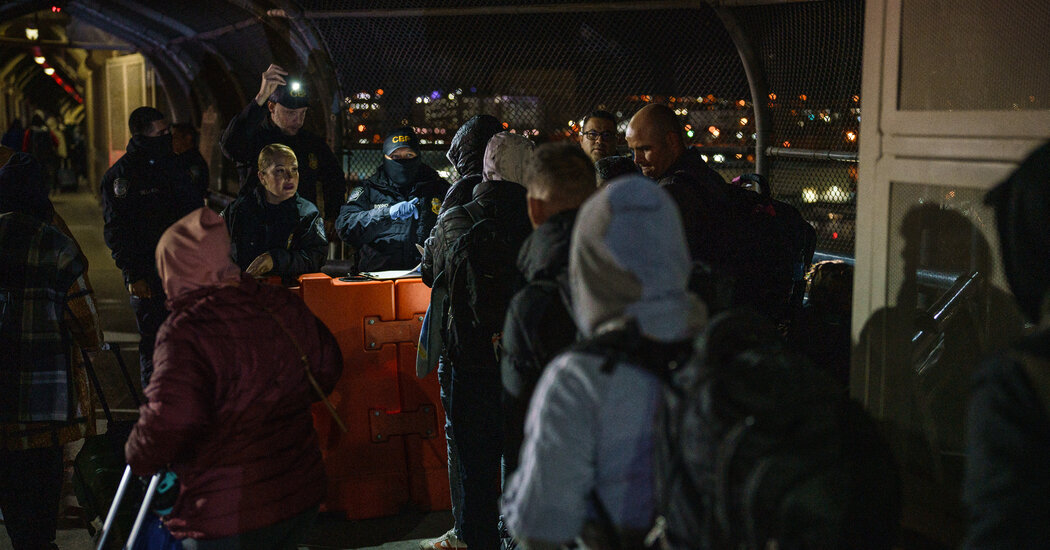

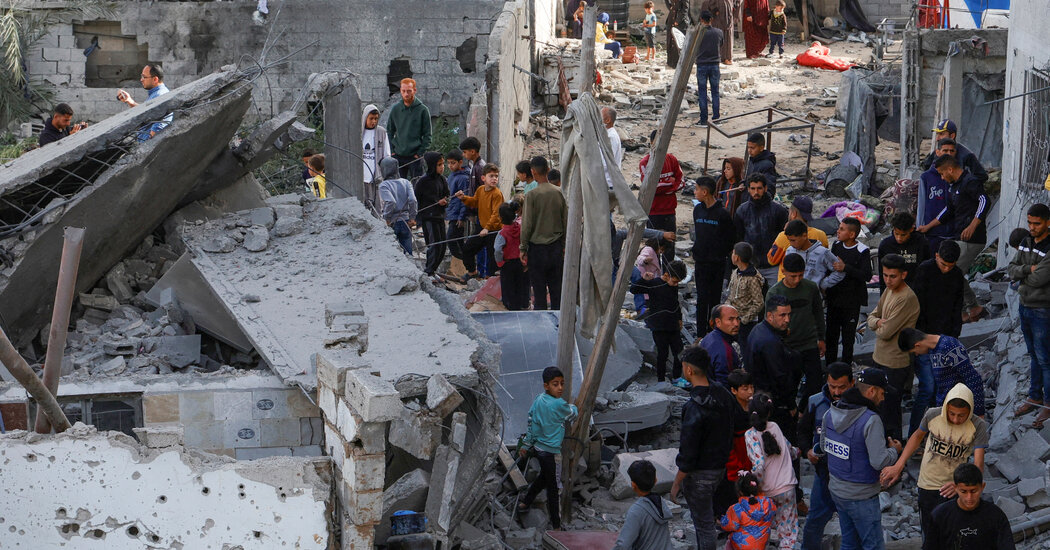
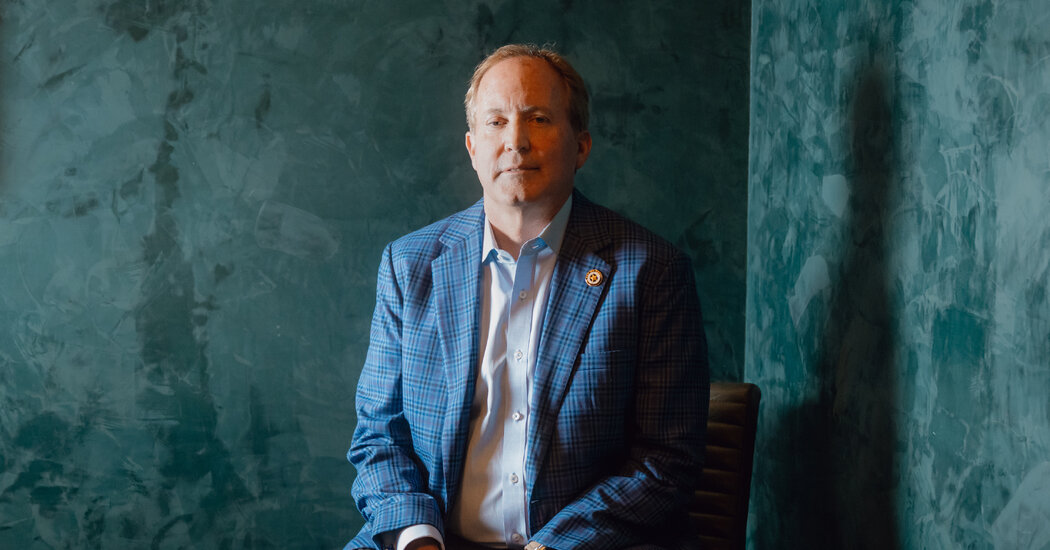
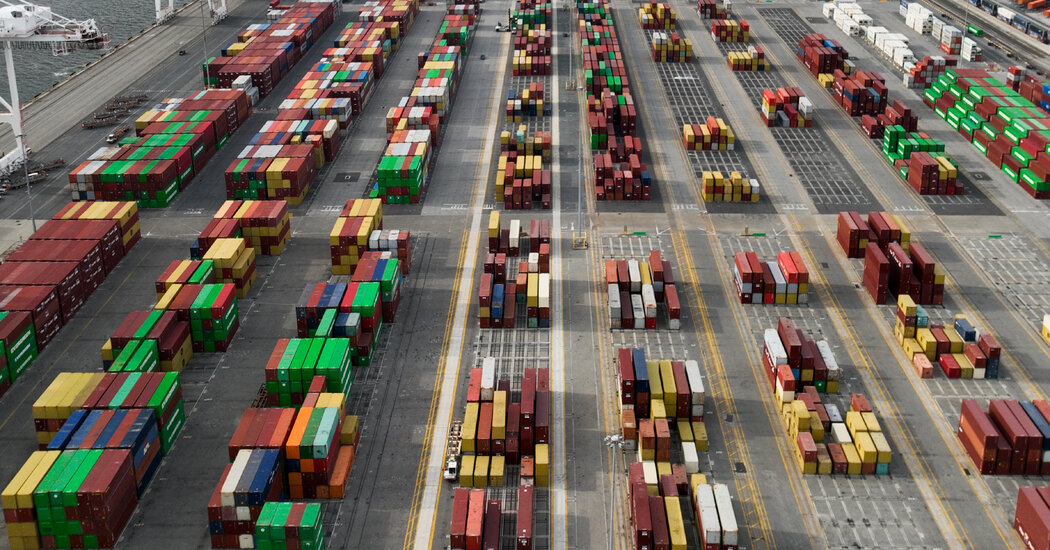
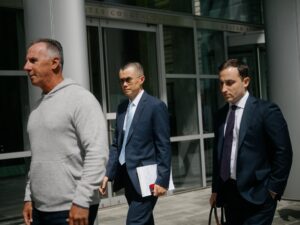









Post Comment